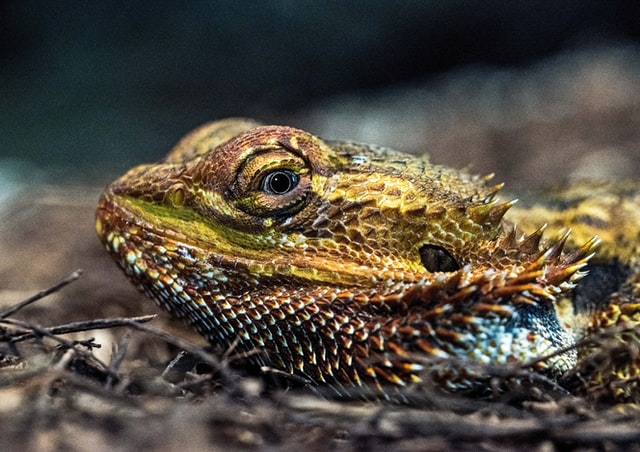There are no rules when it comes to choosing pets. It is all up to your preference on which pet catches your interest. A lot of people opt for common house pets like dogs and cats but some love more exotic pets such as reptiles. Some people think that reptiles are low maintenance pets unlike other animals. However, this is not true. They require almost the same amount of care and maintenance but just in a different way.
Here are the basics you need to know about proper reptile care and maintenance to keep them healthy and happy.
Proper Nutrition
Reptiles vary in their diet. If you have a reptile pet, determine their diet first to know what food they will eat. Reptiles have 4 eating styles which helps give an idea on what they would eat. Carnivores are meat eaters and they would love to feed on live prey such as rodents. However, you could still feed them with pre-killed prey since it is more convenient. Insectivores feed on insects like bugs, beetles, crickets, and many more.

Herbivores have a diet consisting of fruits and vegetables giving you more variety of feed options. Omnivores love to eat both meat and vegetables but each animal has its own preference on which they prefer to eat more. No matter what eating style your pet has, it is important that you’re providing nutritious food filled with all the essential vitamins and minerals they need.
Suitable Environmental Conditions
Reptiles need a whole different living condition unlike dogs and cats. When taking care of a reptile, you should give it a shelter that mirrors their natural habitat. This means you have to set the right temperature, humidity, terrain, and so on. You can mimic natural environmental conditions with the help of pet accessories such as heat lamps, UVB lights, and other more reptile lighting supplies. It all depends on what kind of reptile pet you have and its needs.

Proper Handling
Unlike dogs and cats, reptile pets aren’t naturally meant to be cuddled or held for a long time since it could do more harm to them especially when handled inappropriately. Be sure that you place your pet in an escape-proof cage to prevent them from running off. When taking them out from the cage, be sure to hold them properly and low to the ground, if possible, to avoid injures in case they jump off.
Make sure that you have clean hands before handling to avoid passing diseases to your pet and wash your hands after to remove traces of contaminant in your skin. Handle only the reptile if needed – like when giving them a bath, cleaning the cage, checking their health, and other necessary times.
Cleaning
Cleaning the cage should be done regularly. Do a quick tidying up every day and have a weekly deep cleaning of their cage – transfer the reptile and clean everything in its cage thoroughly from all the surfaces to the accessories.
There are plenty of reptile pets to choose from and each one of them require different care. You could ask a vet to help you know more about your pet’s needs and provide them with better care that they need.






